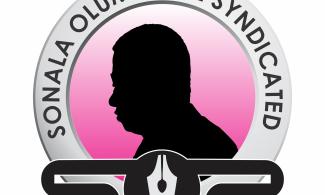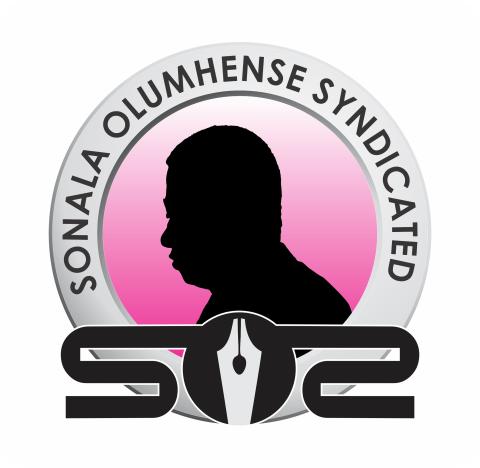
After four months of waiting, Nigeria and their friends now know some of the men and women considered by President Muhammadu Buhari to be worthy of his cabinet.

Few, if any, are the surprises. The list seemed to be a reflection of Buhari’s tendency to stick with what he knows or whom he knows.
A few questions immediately arise: first, was the list worth four months of a nation’s collective breath-holding?
Second, how well does the president know his nominees, and how well have the security agencies he asked to vet his prospects done?
It must be borne in mind that now that the list has gone to the Senate, it is no longer simply a list of those individuals: it is also individually and collectively a vetting of Buhari himself.
To that end, it is curious that a list as basic as the one the Senate commences vetting this week actually required more than one month of the president’s time, and Nigeria’s. This seems to be a case of traveling to distant lands in search of gold only to discover it was under your bed all along.
It is clear that Buhari has a lot to do. But the principal thing he promised to do, and the reason his voters sent him to Abuja was to combat corruption.
To that end, it is disappointing that after such a long time and presumably so much reflection, he picked Nigerians it apparently took no thought for him to have decided on.
Had he never announced he was looking for men and women of integrity, few Nigerians would have had problems with the president’s choices. But while nobody on his list is guilty of anything at this time, many of them have well-publicized petitions that have yet to be discharged.
Take two: former governors Raji Fashola (Lagos State), and Rotimi Amaechi (Rivers).
These two gentlemen have served their states at the highest executive level, and have often been showered with praise. But they are also the target of a number of public petitions it would be unwise to ignore.
Worse still, they are among a group of former governors that are reportedly being investigated by the Independent Corrupt Practices Commission (ICPC).
The first question is whether President Buhari went ahead to nominate them despite those petitions and the ICPC investigation, and whether he is prepared to face any embarrassment should they be found to be guilty.
What of Chris Ngige, the former governor of Anambra State? It is rather interesting that he has been nominated along with former Minister of Communications and later chairman of the PDP, Audu Ogbeh. For those who do not remember, it was a landmark election issue involving Ngige that led to the friction between President Olusegun Obasanjo in 2003, and to Ogbeh leaving that party.
Ngige was the central figure in the 2003 Anambra governorship, rigged into office by a political ‘godfather’ known as Chris Uba.
Mr. Uba, a friend of President Obasanjo, confessed to having rigged the election, an affair to which he said Ngige was party, and of which as governor Ngige was the prime beneficiary. Politics has been good to Ngige since then, but it is difficult to accept him as being ethically superior to equally-capable Nigerians who have rigged no elections or had any elections rigged for them.
There are several other entries in Buhari’s ministerial list that are attracting criticism. This is the way it should be, and I am very pleased. Hopefully, the president will interpret this public interest to be a measure of our growing democracy.
Nonetheless, the quality of his list suggests two explanations.
The first is that despite his four months in charge, he did not really step off the beaten path to find people who have not been touched, or torched, by Nigeria’s fires of compromise and collusion.
The second is that as he confronted the task before him, President Buhari found the political terrain difficult to navigate, and then decided to enlist some people who did not really fit into his original template.
That is the province of compromise, which may suggest either that Buhari is mellowing in office as a politician, or yielding ground in terms of his stronger principles.
Whatever is the case, he must be careful because that would be confirmation that Nigeria’s political spectrum does not range from right to left, but from right to wrong.
This means, as I am sure he has learned, that those who are right, may profess another philosophy when darkness falls; and those who are wrong, speak a different advocacy in the light of day.
In practice, this means you can be left or right of wrong—where the center is neither right nor wrong—and you can be left of right without being in the picture at all.
The confirmation of Buhari’s ministerial nominees, which commences this week, will be a closely-watched experience. But it does not matter what ministers he nominates, or which nominees actually get confirmed.
The most satisfying part of this journey is that, finally, everyone is under political watch.
Speaking of watches, the kind that people put on their wrists, President Buhari should consider buying one. To him goes the benefit of the doubt, but he can certainly spend his time better than four months of the obvious and the questionable.
• [email protected]
• Twitter: @SonalaOlumhense